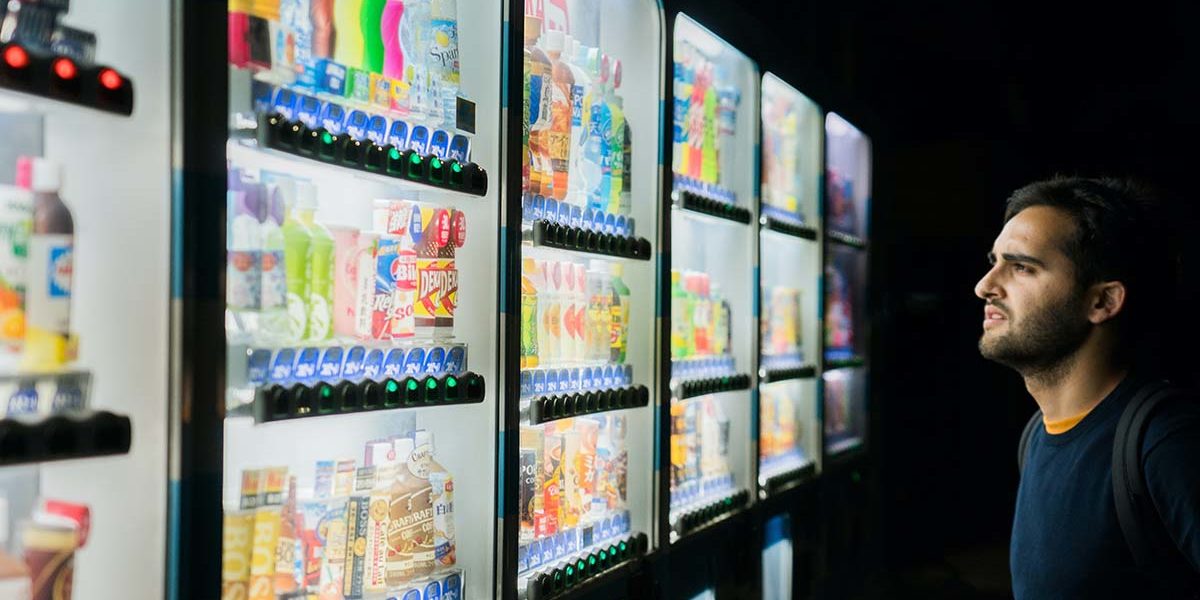Introduction
Whether growing muscle, losing fat, or improving digestion, food brands offer a range of physical benefits for health-conscious consumers. Drinks typically focus more on mental or psychological benefits, and to target, these many brands are using active ingredients such as L-tyrosine, which improves cognitive function, and cannabidiol (CBD), which helps with stress and anxiety.
These active ingredients are generally referred to as Nootropics, a class of supplements or drugs that promise to improve memory, mood, or cognitive function, and they are shaking up the established beverage category.
Alcohol
The recent rise in popularity of low/no alcohol drinks and spirit alternatives such as Strykk and Pentire has been well-documented. Three Spirit are another challenger, but they bring a more radical proposition. They have broken down the emotional states that alcohol covers (socialising, winding down after a long day, and feeling creative) and provided non-alcoholic alternatives that support these occasions with ingredients such as guayusa (an Amazon-native holly tree) and lion’s mane mushroom.
Nootropics can also be combined with alcohol. For those who want to be functional rather than hungover, there are brands such as Bounce Back and Refresh+ which seek to cure that dreadful morning after through a mix of amino acids and vitamins.
Energy Drinks
The energy drink world has moved away from simple high sugar formulations that deliver a short-lived burst, with new brands such as Sneak and G-Fuel promoting a lower-sugar, focus-oriented proposition with Nootropic ingredients providing a competitive edge. These are energy drinks of choice in the gaming community and are delivered in powder format with bright tubs and shakers, like pre-workout drinks used by fitness enthusiasts.
Sports drinks are used in a range of contexts, and many desired benefits fall under “energy”. A recent Grocer Functional Food Report identified that 62% of European sports nutrition consumers want to improve cognition, and ‘improving cognitive health’ is an important factor to 82% of them[1]. Nootropic ingredients can be incorporated to energy drinks to address cognitive needs more accurately.
For office workers, brands such as Brite make sugar and caffeine-free drinks that improve focus and mental clarity. Noobru offer a similar drink in powder form with sachet subscriptions available to lower the price for daily users. The smart and sustainable energy offered by these brands allows them to encourage more regular use and can support valuable subscription models.
CBD
You can’t mention functional beverages without also talking about the growth of CBD. CBD has a wide range of uses, from promoting healing post-workout due to its high dosage of anti-inflammatories, to removing the jitters from too much coffee.
Some brands lean into cannabis connotations, with Pothead Coffee becoming the UK’s most popular CBD coffee brand. Fourfive CBD, a CBD oil brand founded by former rugby players, instead reassure customers that CBD “will never make you feel high” and promote a more functional angle of mood-improvement and pain-reduction. Alcohol can also be enhanced with CBD, as shown by Hanlons beer with their CBD IPA.
While there are some lingering doubts about potentially psychoactive effects, CBD’s powerful and multifaceted benefits – such as increasing relaxation, improving sleep, or relieving aches and pains – can be combined with many products to good effect.
Summary
Niche players in the beverage market are offering many of the same mental benefits as alcohol or caffeine traditionally would, but even though many are positioned as substitutes to alcohol, health-optimized drinks are much more than simply reductive ‘free-from’ alternatives. Instead, by using Nootropics they are going further than ever before to optimise mental wellbeing and performance.
[1] https://www.thegrocer.co.uk/category-reports/bulk-buying-protein-and-functional-foods-category-report-2021/661084.article


